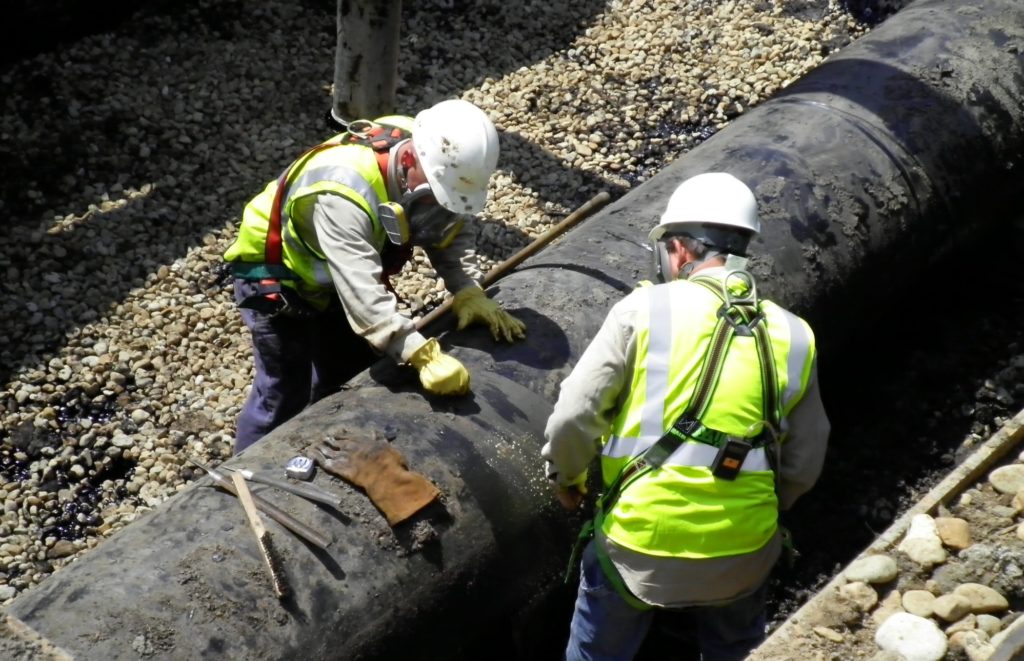
The preemption bill designed to expedite fossil fuel projects advanced Thursday after a 16-4 vote by the Tennessee House Commerce Committee — but not without changes.
The latest version of the bill offers communities some ability to protect their water through Tennessee’s drinking water program via new amendments.
“We were pleased to see those amendments accepted. But ultimately, the goal of the bill was to preempt local control, so that’s why we stayed against it,” said Sarah Houston, the executive director of Protect Our Aquifer. The nonprofit fought a proposed oil pipeline in Memphis last year because of its threat to local drinking water.
Chairman Kevin Vaughan, R-Collierville, the bill sponsor, maintained that this bill, and thus new fossil fuel infrastructure, was necessary for the state’s energy reliability.
“If you’re an opponent to fossil fuels or you want to see innovation and you want this country to change its energy policy, what better way than to seek a ban at a local level,” Vaughan said.
This legislation reflects a larger trend of state legislature bills, like ones in Virginia and North Carolina, that preempt local governments from interfering with natural gas use or other fossil fuel projects.
The bill only applies to fossil fuel energy sources. It explicitly excludes solar energy.
Environmental advocates also expressed concerns for the broad language in the bill. The interaction of local, state and federal laws regarding fossil fuel infrastructure is complicated, and this legislation would make it more complex, according to George Nolan, an attorney at the Southern Environmental Law Center.
“Any company that tries to use the legislation would likely have to resort to the court … to determine what it means,” Nolan said. “I think there’s still a lot of history to be written about what the implications of the bill are.”
Tennessee has only one oil refinery in Memphis, and there are no current plans to build new pipelines to the refinery.
But the Tennessee Valley Authority is considering replacing its coal-fired plants with natural gas, which would involve building new facilities and pipelines. There is currently a proposed pipeline in Dickson, Houston and Stewart counties that would connect to TVA’s coal-fired Cumberland Fossil Plant.
Natural gas pipelines, which are highly pressurized, carry risks from fumes and explosions. Between 2010 and March 2021, there were thousands of incidents and 142 fatalities related to gas pipelines in the U.S., according to FracTracker Alliance, a nonprofit that monitors risks associated with the oil and gas industries.

